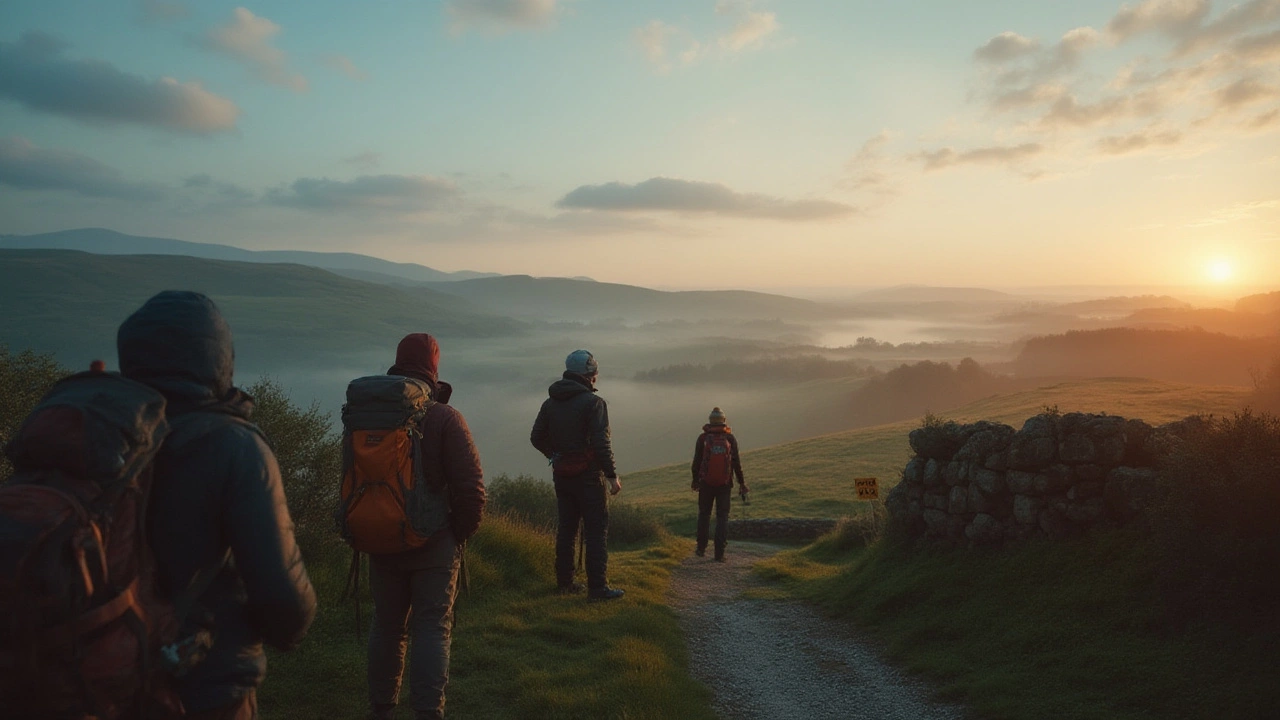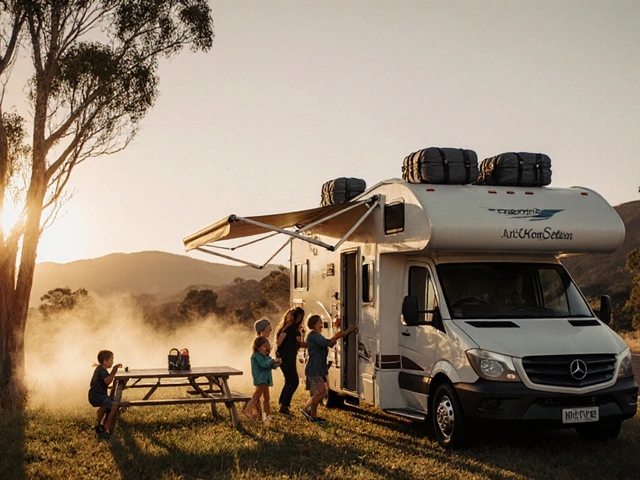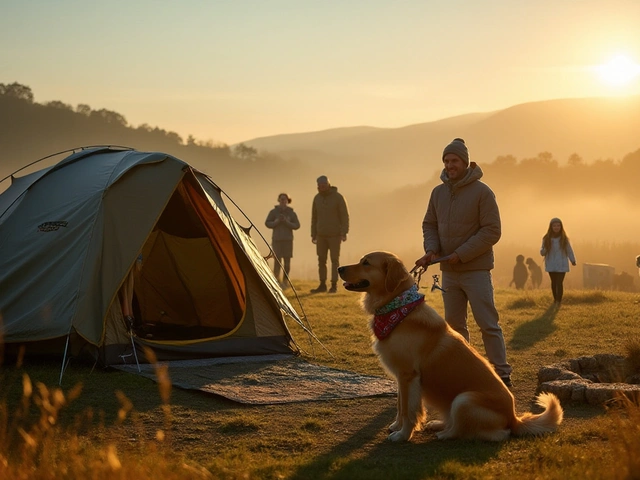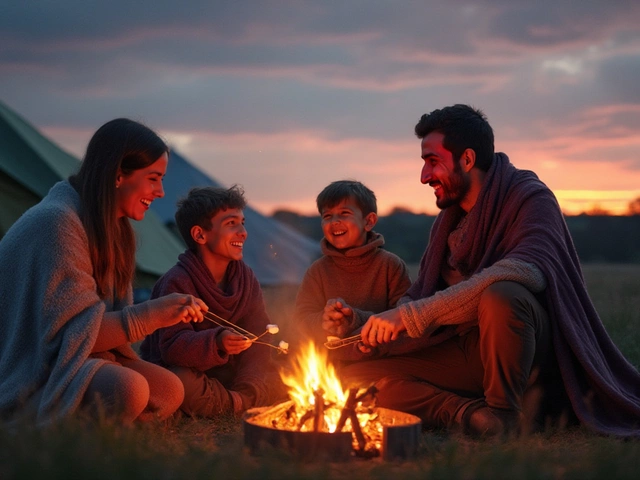Ever dreamt of pitching your tent under a sky bursting with stars, waking up to sheep bleating nearby and mist rolling across the hills? It sounds like something straight out of a Scottish whisky ad, right? But unless you’re actually in Scotland, chances are, camping in the wild will have you breaking the law almost everywhere else in the UK. The contrast is jarring: one country on the same island lets you set up camp pretty much wherever, while the others have drawn a bold red line. So what’s behind these rules, and why are wild campers treated like outlaws south of the Scottish border?
The Roots of UK Wild Camping Laws
Most folks are surprised to learn that nearly all land in England, Wales, and Northern Ireland is privately owned. Unlike Australia, with its wide-open bushlands and parks, the UK is stitched together by centuries-old boundaries, rich aristocrats’ estates, and private farmland. The enclosure of common land played a big part; after the 1700s, swathes of land that used to be open to all were gradually fenced off by the wealthy. This history means today’s landowners hold a tight grip over their fields, forests, and moors. The law backs them up.
Under current UK law, wild camping—defined as setting up your tent outside of designated campgrounds, without explicit permission from the landowner—is usually classed as trespassing. In England and Wales, the Trespass Act means you can risk civil action. While you’re unlikely to face jail, you could be moved on, fined, or even have the police show up if you refuse to leave or cause a mess. In places like Dartmoor, there was a glimmer of hope: for decades, it was the only place in England where you could legally wild camp, until a court decision in 2023 limited this heavily and started a major public debate.
Northern Ireland has the same strict approach. The laws rest firmly on property rights, so stepping onto someone’s patch of grass with your tent—even if it looks deserted—requires permission. Not getting lost yet? Scotland does things differently, but we’ll get to that in a minute.
To put this all in perspective, look at the numbers: over 92% of land in England is privately owned, much of it by less than 1% of the population. So, unless you’re buddies with one of the landed gentry, you’re out of luck.
Scotland’s Land Access Revolution
Now for the twist. Hike north of the English border, and you’ll find Scotland’s Right to Roam laws. Thanks to the Land Reform (Scotland) Act 2003, anyone can cross private land and even camp, so long as they’re respectful and leave no trace. That’s why you'll see hikers all over the Cairngorms or the West Highland Way calmly pitching their tents. It’s not anarchy, either—Scotland’s Outdoor Access Code spells out the dos and don'ts, emphasizing responsible behavior, respecting farming and nature, and avoiding disturbance to others.
This law came after years of campaigning. Locals and outdoorsy types pushed for the freedom to camp and roam, arguing it’s part of Scottish heritage to spend time in nature. And, believe it or not, it works remarkably well most of the time. While there have been issues—anyone who’s seen a trashed lochside after a summer weekend knows that—most wild campers are pretty responsible.
So, while England, Wales, and Northern Ireland stick to tight restrictions, Scotland has fully embraced outdoor culture, leading many to question why the rest of the UK can't catch up. Here’s a quick table to show where wild camping rules stand as of July 2025:
| Country | Wild Camping Legal? | Main Law | Public Access? |
|---|---|---|---|
| England | No (except some Dartmoor areas) | Trespass Act | Restricted |
| Wales | No | Trespass Act | Restricted |
| Northern Ireland | No | Trespass Law | Restricted |
| Scotland | Yes | Land Reform Act 2003 | Open Access |
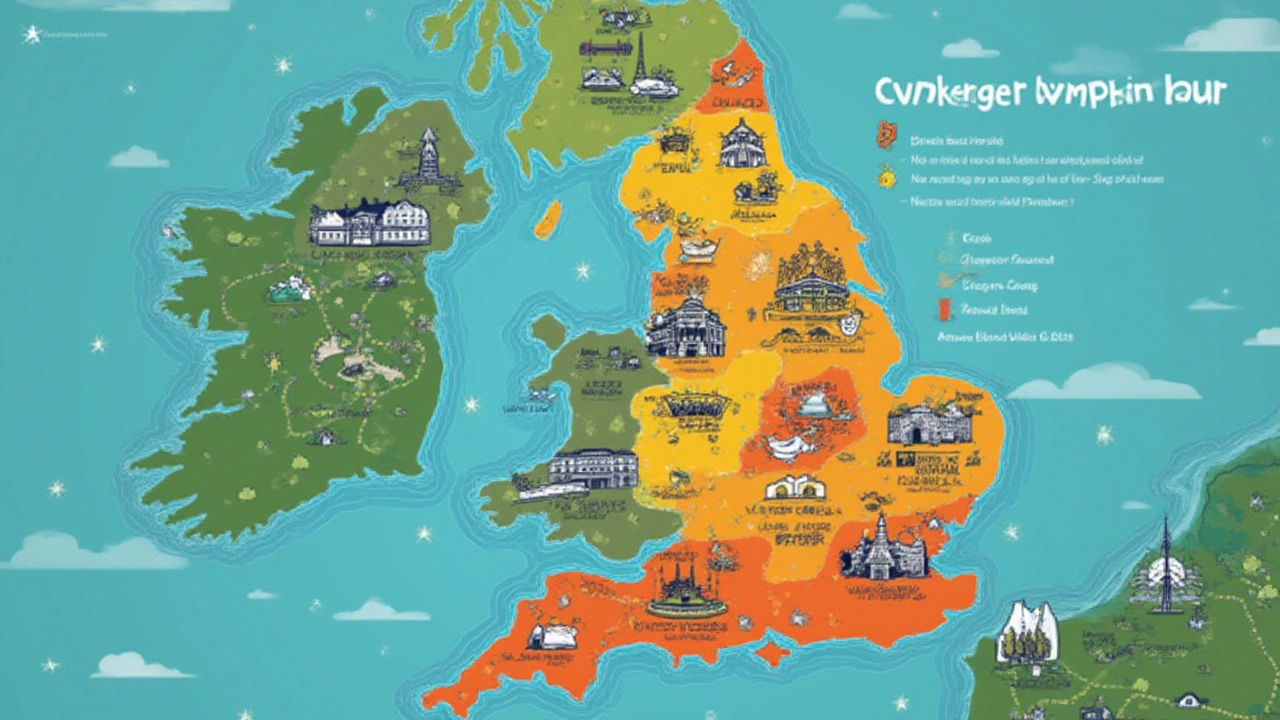
Cultural and Environmental Reasons for Restrictions
You might wonder, apart from legal tradition, what else keeps wild camping off limits in most of the UK? Some of it comes down to fears around rubbish, campfires, and environmental damage. The countryside is delicate. Farmland can be ripped up by careless feet or burned by campfires. Water sources get polluted, fences broken, and animals disturbed, especially during lambing or breeding seasons.
Landowners argue that too many wild campers ignore basic rules and leave behind mess or scare livestock. Sadly, every group has its bad apples. If you’ve ever seen viral photos of trashed camps on the Lake District, you get the picture. Local councils, already strapped for cash, don’t want to deal with clean-up costs or setting rules for wild camping when it’s hard enough to manage litter in city parks. Add to this the fact that the UK is much more densely populated than, say, Norway or New Zealand. Remote spots might seem empty but are often within walking distance of a country pub or someone’s home.
Another reason is liability: If someone trips over a cow or falls from a cliff on private land, whose fault is it? The risk of lawsuits makes many landowners nervous about strangers on their property at night.
But it’s not just about fear or tradition. Not everyone wants random strangers camping outside their bedroom window. The countryside is someone’s backyard, not just a playground for city dwellers. And while some argue the laws are out of date, others are grateful for the protection.
Still, there’s a debate bubbling up. More people than ever hit the outdoors during Covid lockdowns, searching for a mental break. Park authorities reported record numbers of wild campers (both legal and not-so-legal). Some say this proves the appetite for freer access, while others point to increased litter, noise, and wildfires as signs we’re not ready for open slather.
Tips for Wild Camping Without Breaking the Law
If you’re itching to wild camp in the UK, you’ve got options—just not as many as in Scotland. There are ways to stay (mostly) within the law and still get that sunrise-in-the-wild feeling. Here’s how:
- Ask Permission: It sounds dull, but if you track down the landowner and ask nicely, you might get the go-ahead. Farmers often say yes if you promise to behave. Explain you’ll camp for one night, not burn fires, and pack up all your rubbish.
- Aim for Designated Spots: The Lake District and Yorkshire Dales sometimes turn a blind eye to wild camping high on the fells, so long as you’re up before breakfast and leave no trace. Officially, it’s not legal, but locals often accept it if you’re discreet and respectful.
- Join Clubs: Some landowners partner with organizations like the Backpackers Club or agree to schemes like Nearly Wild Camping, where you pay a small fee for access to “almost wild” spots.
- Use “Stealth” Tactics: Arrive late, leave early, use bivvy bags instead of tents, don’t build fires, and camp well away from houses and trails. But remember, stealth doesn’t make it legal; it just makes you less likely to be seen.
- Stick to Scotland or Dartmoor: For true wild camping without hassle, head to places where it’s explicitly allowed. Just learn the local codes and don’t overstay your welcome.
And a couple of must-follow “Leave No Trace” principles: never light open fires, bury any toilet waste at least 15cm deep and far from water sources, camp only for one night in the same spot, and carry out every scrap of rubbish (yes, even fruit peels and teabags—they don’t rot as fast as you think in cold climates).
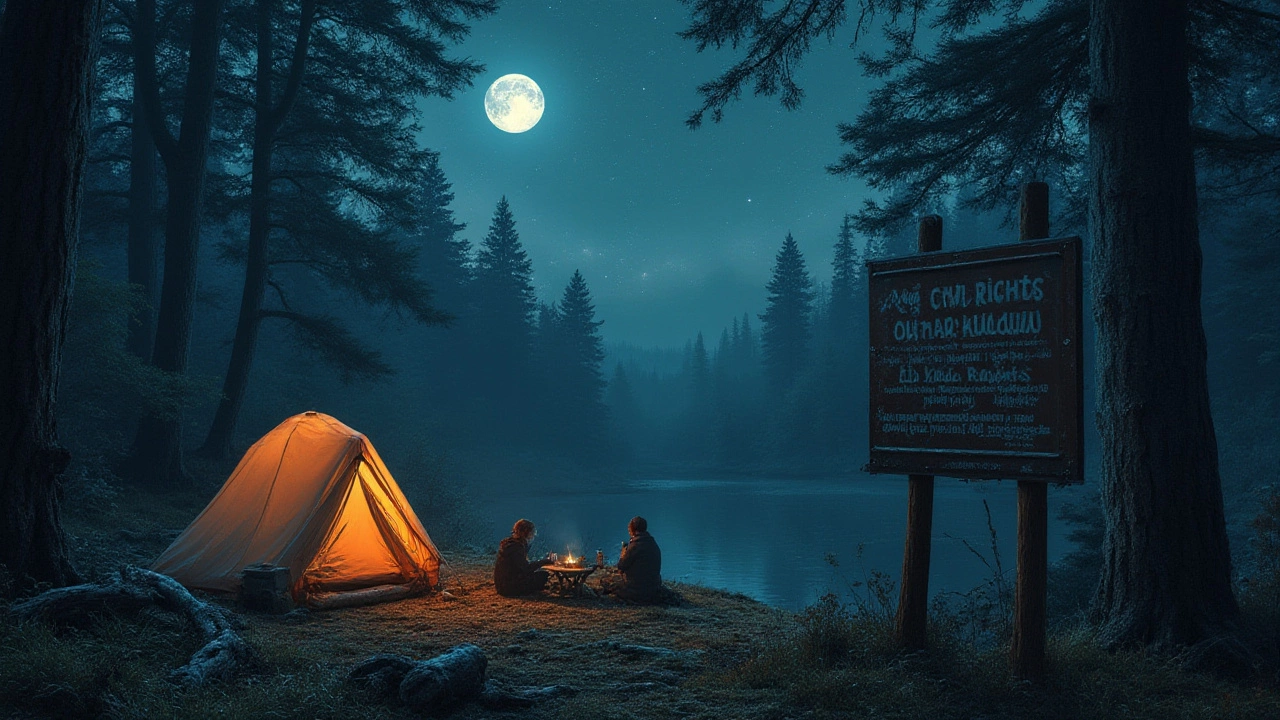
Could the Rules Change?
If you look at recent headlines, wild camping is a hot topic—especially now that more folks are swapping package holidays for hiking boots. The 2023 Dartmoor camping court battle sparked nationwide protests and led many MPs to call for reform. Petition after petition has landed on Parliament’s doorstep, but as of July 2025, there’s no broad change in sight. However, grassroots groups are gaining traction, with landowners trialling permit systems, and some areas exploring “responsible camper” programs.
Young people especially argue wild camping is good for mental health, fosters respect for nature, and doesn’t need to mean trashed hillsides. Yet, any legal shift will likely come with strings attached—such as mandatory online permits, camper education courses, or seasonal bans in sensitive areas.
What’s clear is this: The appetite for wild camping won’t go away anytime soon. Whether the law changes, or people just get sneakier, the best thing you can do is be a model camper. Show that it’s possible to sleep wild without wrecking the countryside or making a nuisance of yourself. Who knows? Maybe one day you’ll be able to unfurl your sleeping bag anywhere in the UK, just as easily as rolling out a picnic rug at Bondi. Until then, know the rules and tread lightly—you won’t just be avoiding a fine; you’ll be making life better for the next dreamer chasing a night under the stars.
